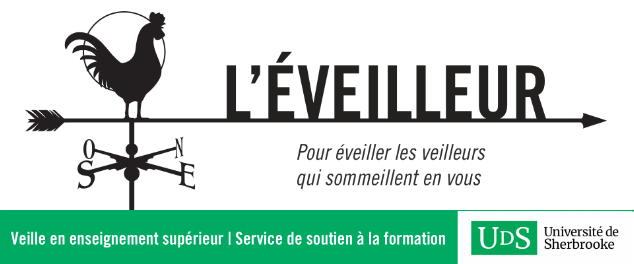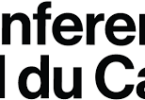La journaliste Elizabeth Dwoskin annonce la création du Stanford Institute for Human-Centered Artificial Intelligence (HAI), un think tank interdisciplinaire qui réunira des décideurs, des chercheurs et des étudiants autour de la question des impacts sociaux de l’intelligence artificielle (IA): “The question comes down to whether this revolution of AI — and of today’s machine learning techniques — will contribute to the progression of humanity“. 200 professeurs, tant des domaines de l’anthropologie que du droit, ont déposé des projets pour financement. 55 ont déjà reçu des montants de démarrage pour des recherches sur des sujets comme l’IA en aide aux décisions médicales, les biais de genre dans l’IA, la relocalisation des immigrants…
…[T]he dangers and ills of AI have become more apparent. Seemingly every day, new statistics emerge about the tide of job loss wrought by the technology, from long-haul truckers to farmworkers to dermatologists. Elon Musk called AI “humanity’s existential threat” and compared it to “summoning the demon.”
Researchers and journalists have shown how AI technologies, largely designed by white and Asian men, tend to reproduce and amplify social biases in dangerous ways. Computer vision technologies built into cameras have trouble recognizing the faces of people of color. Voice recognition struggles to pick up English accents that aren’t mainstream. Algorithms built to predict the likelihood of parole violations are rife with racial bias.
L’Institut, piloté par une chercheure en IA (Fei-Fei Li) et un philosophe (John Etchemendy), veut amasser 1 milliard de dollars afin, notamment, d’attirer des talents qui seraient autrement recrutés par l’industrie. On veut par ailleurs se doter d’une puissance de calcul qui permettra de mettre à l’essai les divers projets.
The institute — backed by the field’s biggest leaders and industry players — is not the first such academic effort of its kind, but it is by far the most ambitious: It aims to raise more than $1 billion. And its advisory council is a who’s who of Silicon Valley titans, including former Google executive chairman Eric Schmidt, LinkedIn co-founder Reid Hoffman, former Yahoo chief executive Marissa Mayer and co-founder Jerry Yang, and the prominent investor Jim Breyer. Microsoft co-founder Bill Gates will keynote its inaugural symposium on Monday.
L’article fait mention de plusieurs initiatives concernant l’éthique de l’IA dans l’industrie.
[Eric] Schmidt [Google’s former chairman] said he had observed a “tipping point” in the last year or so, where computer science programs across the country are adding courses in AI ethics and big companies such as Google are announcing AI principles and creating internal programs to attempt to take the bias out of the software they are building. Schmidt said that Stanford’s program would elevate and centralize these ad hoc efforts, but also contribute to the development of the field overall.
Est-ce que l’on doit y voir un réel souci d’améliorer les pratiques ou plutôt la recherche d’une caution morale pour poursuivre le développement sauvage de tels systèmes.
Source: Dwoskin, Elizabeth, “Stanford helped pioneer artificial intelligence. Now the university wants to put humans at its center“, The Washington Post, 18 mars 2018






